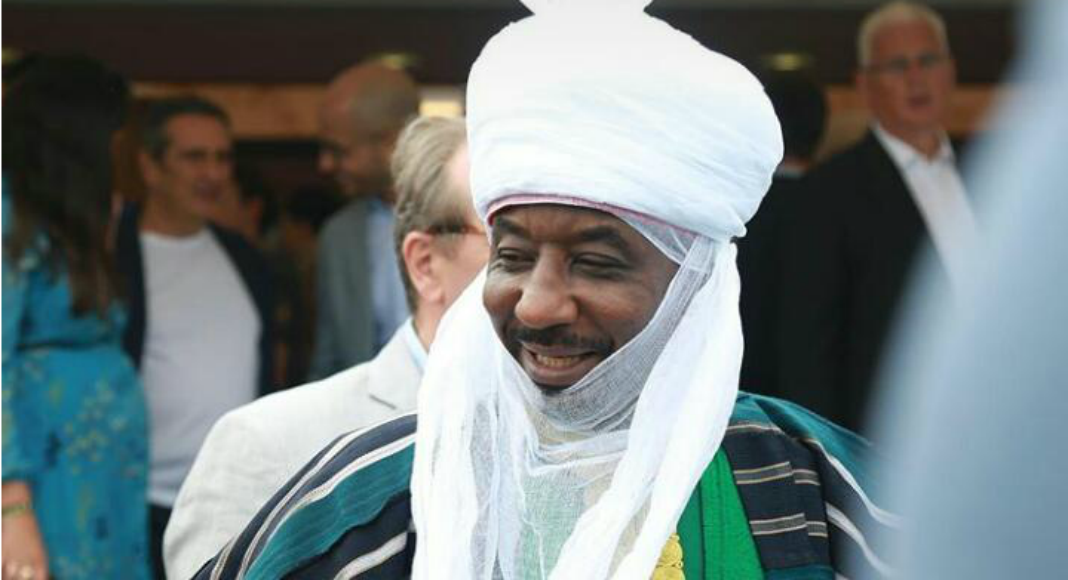The Federal Government on Thursday responded to remarks by the Emir of Kano, Muhammadu Sanusi II, asserting that his endorsement is not required to validate President Bola Tinubu’s reforms.
In a statement, Information Minister Mohammed Idris expressed disappointment in the Emir’s shift in stance.
He noted that Sanusi, who once praised the removal of the petrol subsidy and the unification of forex rates, now appears to criticize these policies due to what Idris described as “a shift in loyalty.”
Sanusi, a former governor of the Central Bank of Nigeria (CBN), had stated during the Gani Fawehinmi Memorial Lecture in Lagos on Wednesday that he would not support the Tinubu administration in addressing the nation’s economic challenges.
The Emir’s remarks come amidst ongoing controversy surrounding his reinstatement as Emir of Kano last year, four years after his removal by the administration of Abdullahi Ganduje.
His return under the current Kano Governor, Abba Yusuf, faces a legal challenge from Aminu Ado Bayero, the deposed 15th Emir. Meanwhile, claims that the Federal Government supports Bayero have been denied.
In a response to the Emir, the information minister said it was amusing that a traditional ruler of Sanusi’s status “would publicly admit to shuffling off saying the truth because of personal interest hinged on imaginary antagonism”.
Mohammed said, “His Highness, given his background in economics, has a unique responsibility to contribute constructively rather than undermine reforms aimed at collective progress because he feels estranged from his ‘friends’ in government.
“The temporary pains currently experienced from these inevitable decisions, as Sanusi himself acknowledged, are a ‘necessary consequence of decades of irresponsible economic management’ more than anything else.
“We urge the Emir to rise above personal interests and partisan undertones and prioritize the greater good of Nigerians.
“Rebuilding Nigeria requires unity, focus, and sacrifice from all stakeholders. As a government, we urge esteemed leaders to refrain from rhetorics that undermine public trust. Instead, they owe it a duty to champion the collective goal of a prosperous Nigeria. This is a critical time for our country, what is needed is collaboration, not unnecessary distractions.”

